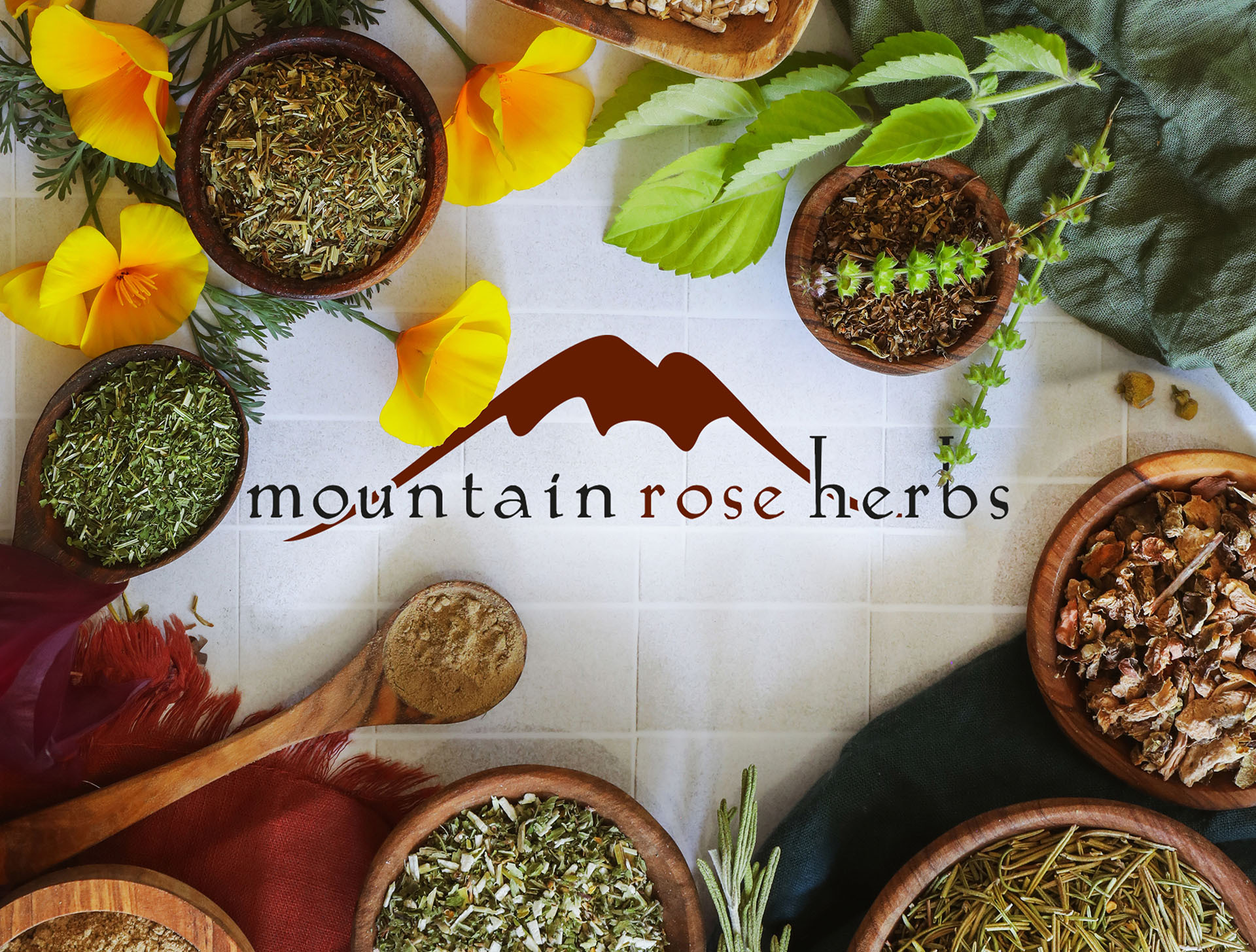According to the Rarámuri tribe, iwígara is “the belief that all life-forms are interconnected and share the same breath”. As a Rarámuri, author Enrique Salmón explains how this belief has enriched a tradition of passing down knowledge, including plant knowledge, for thousands of years. Using this concept as a blueprint, Salmón applies his ethnobotanical lens to 80 North American native plants illuminating the diverse myths and uses of botanicals amongst tribes. Some of the plants covered include corn (maize, sunu), groundnut (hepniess, Indian potato), and tule (bullrush).
Salmón seamlessly blends in depth information on botany, identification, harvesting methods, and active plant compounds with indigenous uses, origin stories, and cultural nuances; intimately showing us the connection to the natural world in the process. We are reminded that traditional cultures were linked to specific landscapes and the role that plants played varied depending on the ecosystems they grew in. A beautifully written and educational book, Salmón enlightens us with his knowledge and inspires us to deepen our own relationship with nature. Iwígara is a highly recommended book for anyone seeking to learn about native plants and the tribes who established relationships with them throughout North America. Hardcover edition.



